Introduction
In today's fast-paced world, the convenience of disposable food containers has become a staple for both consumers and businesses alike. From takeout meals to meal prep, these containers are designed to make our lives easier while catering to our on-the-go lifestyles. However, with the rise of disposable food storage containers comes the pressing question: which type is better—plastic or paper?
The Rise of Disposable Food Containers
The surge in popularity of disposable food containers can be attributed to their practicality and versatility. Plastic food containers, particularly those with lids, have revolutionized the way we store and transport our meals. Among these, deli containers with lids stand out for their ability to keep food fresh while being easily stackable and lightweight.
Choosing Between Plastic and Paper
Plastic to go containers with lids offer durability and leak-proof capabilities that make them ideal for liquids or saucy dishes. On the other hand, paper options provide a more eco-friendly alternative but may not always hold up as well under pressure.
Environmental Impact of Food Packaging
The environmental impact of food packaging cannot be overlooked in this debate between plastic and paper. While plastic food containers contribute significantly to landfill waste due to their non-biodegradable nature, many companies are now producing recyclable or compostable versions that lessen this impact. Understanding how your choice affects the planet is crucial in making informed decisions about disposable food containers.
Understanding Plastic to Go Containers
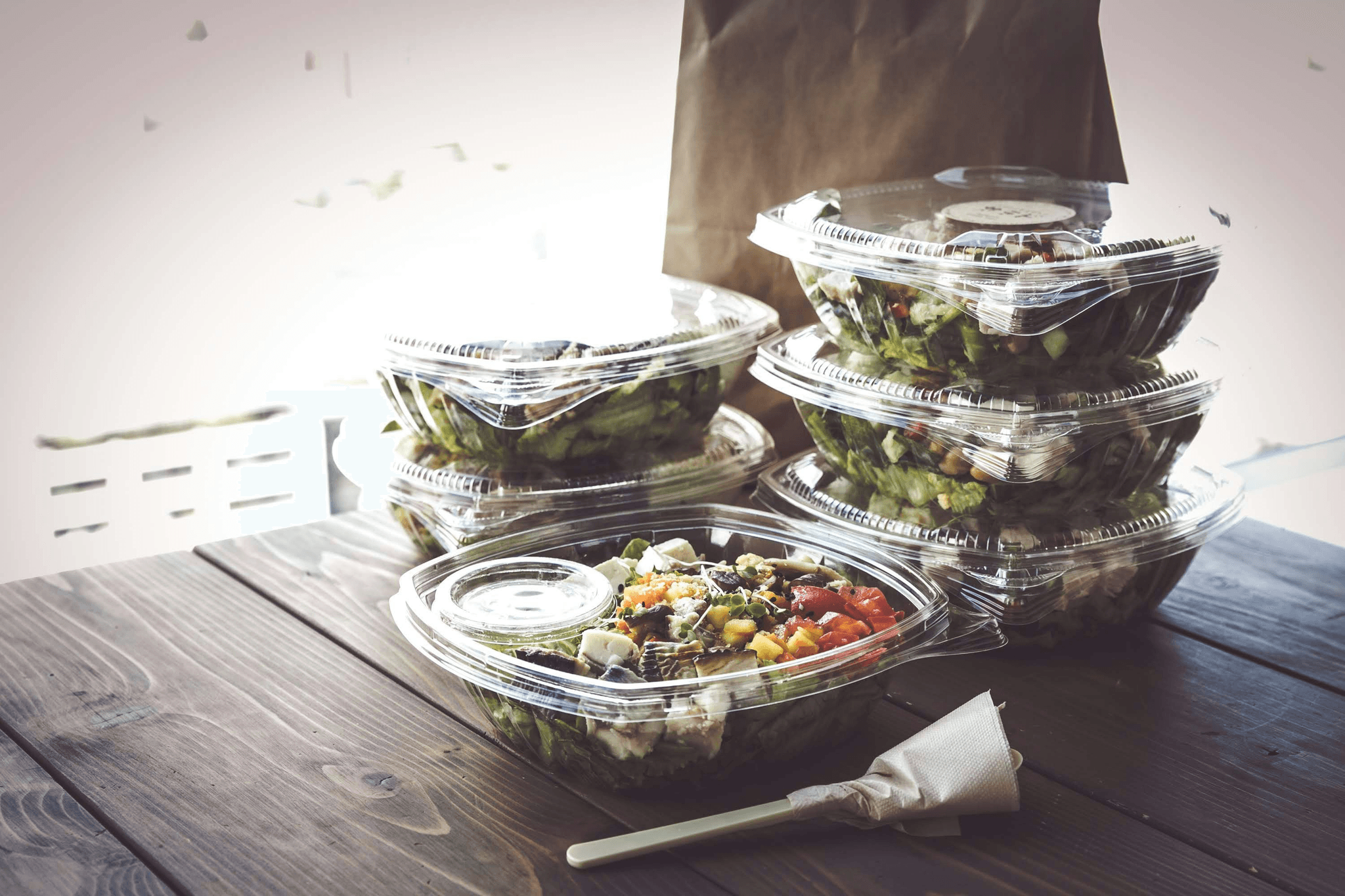
In the world of takeout and meal prep, plastic to go containers with lids have become a staple for both home cooks and restaurants alike. These handy disposable food storage containers offer convenience without sacrificing functionality, making them an ideal choice for anyone on the go. Their versatility means they can accommodate everything from soups to salads, ensuring your meals stay fresh and secure.
Why Opt for Containers with Lids
Not only do these lids keep your delicious creations safe from spills and contamination, but they also help maintain freshness by sealing in moisture and flavor. Plus, using deli containers with lids makes it easy to stack them in the fridge or transport them without worrying about messes—an absolute win-win!
Versatility of Deli Containers
Deli containers are the unsung heroes of the plastic food container world. These round, typically clear disposable food containers come in various sizes and are perfect for everything from storing leftovers to packing up your famous potato salad for a picnic. With their wide mouths and sturdy construction, deli containers can handle anything you throw at them—literally!
Different Types of Plastic Food Containers
The variety of plastic food containers available today is nothing short of remarkable! From rigid deli containers with lids designed for salads to flexible options perfect for sauces or dressings, there’s something out there for every need. Whether you're looking for single-use disposable food storage containers or reusable ones that can withstand multiple trips through the dishwasher, you'll find a plethora of choices tailored just for you.
The Case for Paper Food Containers
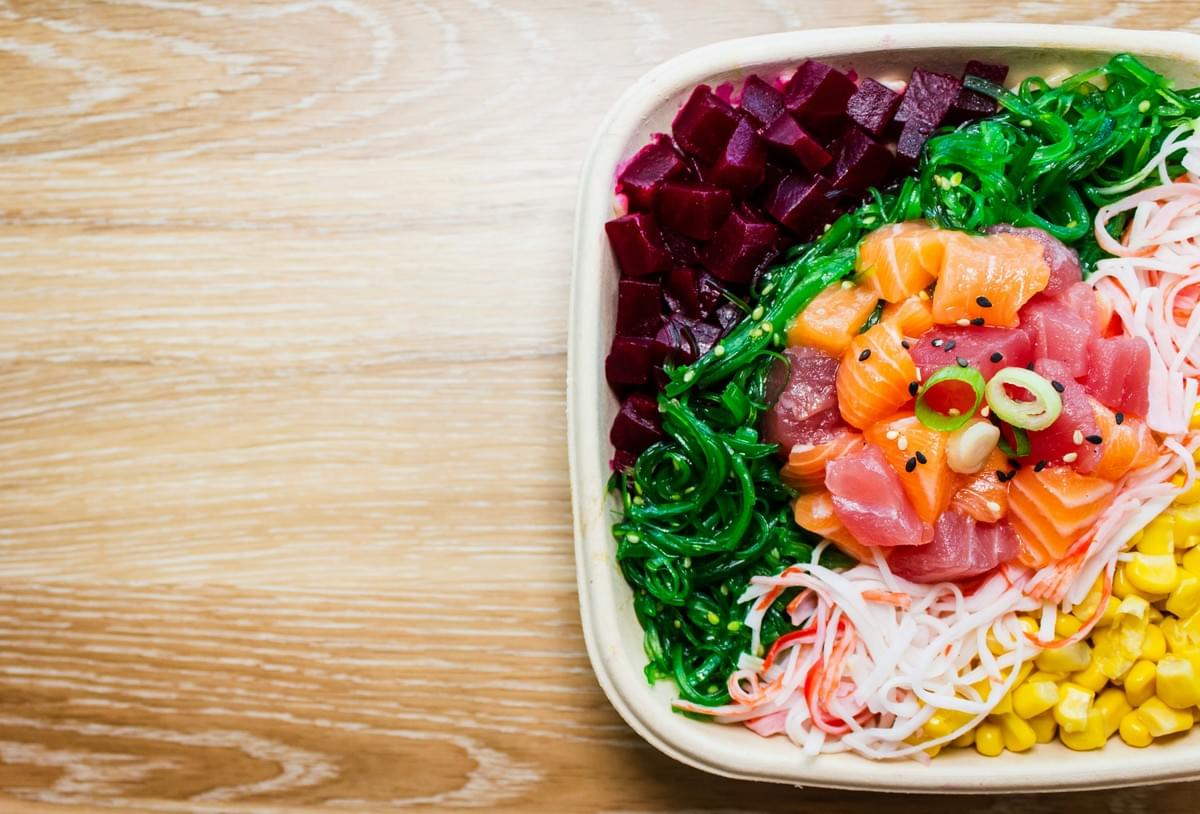
In a world increasingly concerned about sustainability, paper food containers are gaining traction as a viable alternative to their plastic counterparts. Unlike plastic food containers, which can take hundreds of years to decompose, paper options are often biodegradable and compostable, making them an eco-friendly choice for disposable food storage containers. This shift not only helps reduce landfill waste but also aligns with growing consumer demand for environmentally responsible packaging solutions.
Biodegradability and Compostability
One of the standout features of paper food containers is their ability to break down naturally over time. When disposed of correctly, these containers can decompose in a matter of weeks or months, significantly reducing their environmental footprint compared to plastic to go containers with lids. Additionally, many paper options are designed to be compostable, meaning they can return valuable nutrients back into the soil rather than contributing to pollution.
Choosing biodegradable and compostable materials is essential in our quest for sustainability. While plastic food containers may offer convenience and durability, they lack the ability to be reabsorbed by nature effectively. By opting for paper over plastic when possible, consumers can play an active role in minimizing waste and promoting a healthier planet.
When to Use Paper Over Plastic
While both paper and plastic have their merits, knowing when to choose one over the other can make all the difference in your food storage choices. For instance, if you're serving hot foods or greasy items that might leak through a paper container's seams, it may be wiser to stick with durable deli containers with lids made from sturdy plastics designed for such purposes. However, if you're packing salads or cold sandwiches for lunch on-the-go, paper containers provide an excellent option that balances functionality with eco-friendliness.
Additionally, consider using disposable food storage containers made from paper during events or gatherings where convenience is key but sustainability remains important. They offer an easy clean-up solution while ensuring you aren't contributing unnecessarily to long-term waste issues associated with traditional plastics. Ultimately, selecting between these materials should hinge on the specific needs of your meal while keeping environmental impact at the forefront.
Popular Paper Container Options
When it comes to choosing popular paper container options available on the market today, there’s no shortage of choices tailored for various culinary needs! From classic takeout boxes perfect for noodle dishes or fried rice to sturdy clamshells ideal for sandwiches and salads—these versatile solutions cater beautifully to different dining experiences without compromising on style or function.
Moreover, many brands now offer customizable designs that allow businesses and individuals alike to showcase their branding while embracing sustainable practices through eco-friendly packaging choices like these paper alternatives! So whether you’re running a café or planning a picnic with friends—exploring these delightful options could lead you towards more sustainable practices without sacrificing quality.
Navigating Food Safety Regulations
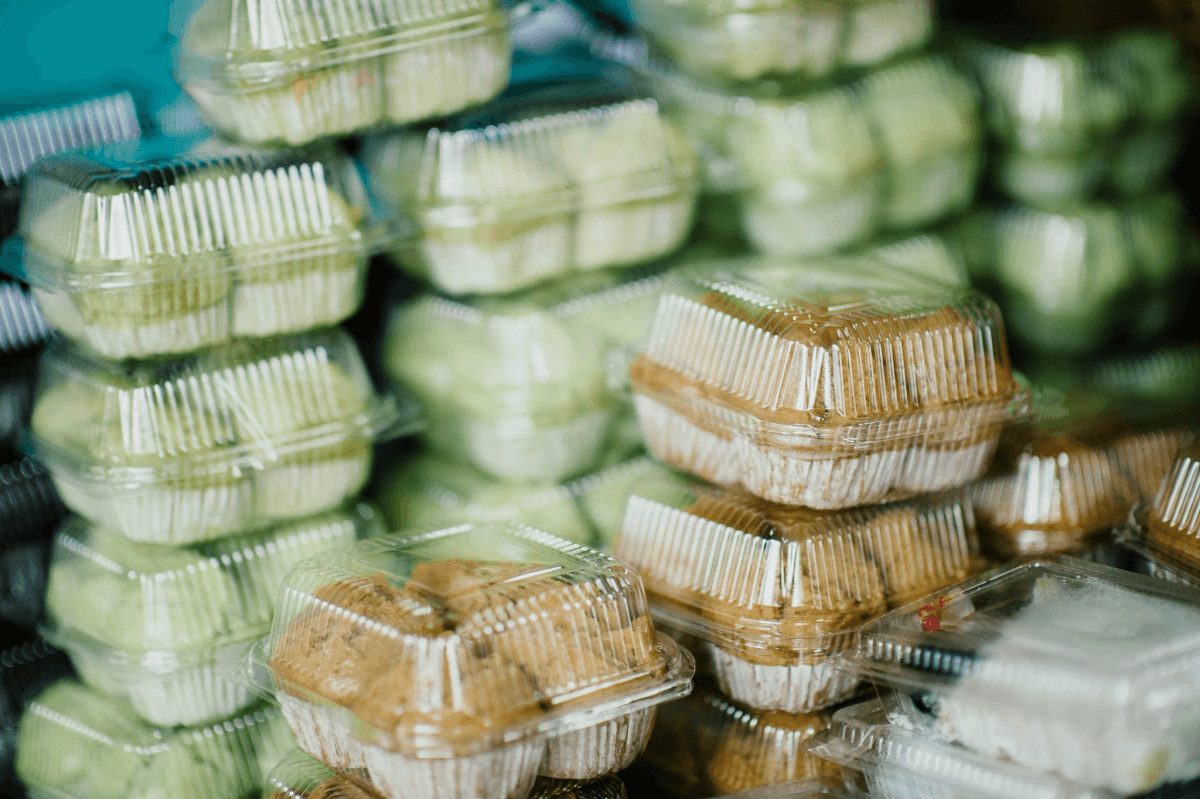
When it comes to food safety, understanding the regulations around disposable food containers is essential for both businesses and consumers. Food storage standards dictate how food should be stored, handled, and packaged to prevent contamination and ensure safety. For instance, plastic food containers must be made from materials that are safe for contact with food and can withstand varying temperatures without leaching harmful substances.
Food Storage Standards to Know
Food storage standards are set by regulatory bodies to ensure that all containers used for storing food meet specific safety criteria. These standards outline the types of materials allowed for disposable food storage containers, emphasizing that they should not react with the contents they hold. Knowing these guidelines can help you select appropriate plastic to go containers with lids or deli containers that keep your meals fresh without compromising safety.
Benefits of BPA-Free Containers
One significant consideration when choosing plastic food containers is whether they contain Bisphenol A (BPA), a chemical often found in plastics that has raised health concerns. Opting for BPA-free deli containers with lids ensures that you’re using products designed to minimize health risks associated with chemical leaching into your food. These benefits not only promote safer eating but also cater to a growing consumer demand for healthier packaging options.
Compliance with Health Codes
Compliance with health codes is non-negotiable in any food-related business, especially when it comes to using suitable disposable food containers. These codes require businesses to use approved materials for packaging and storing foods, ensuring public health is prioritized at all times. By selecting high-quality plastic food containers and ensuring they meet these regulations, businesses can avoid fines while providing safe dining experiences.
Eco-Friendly Alternatives in the Market
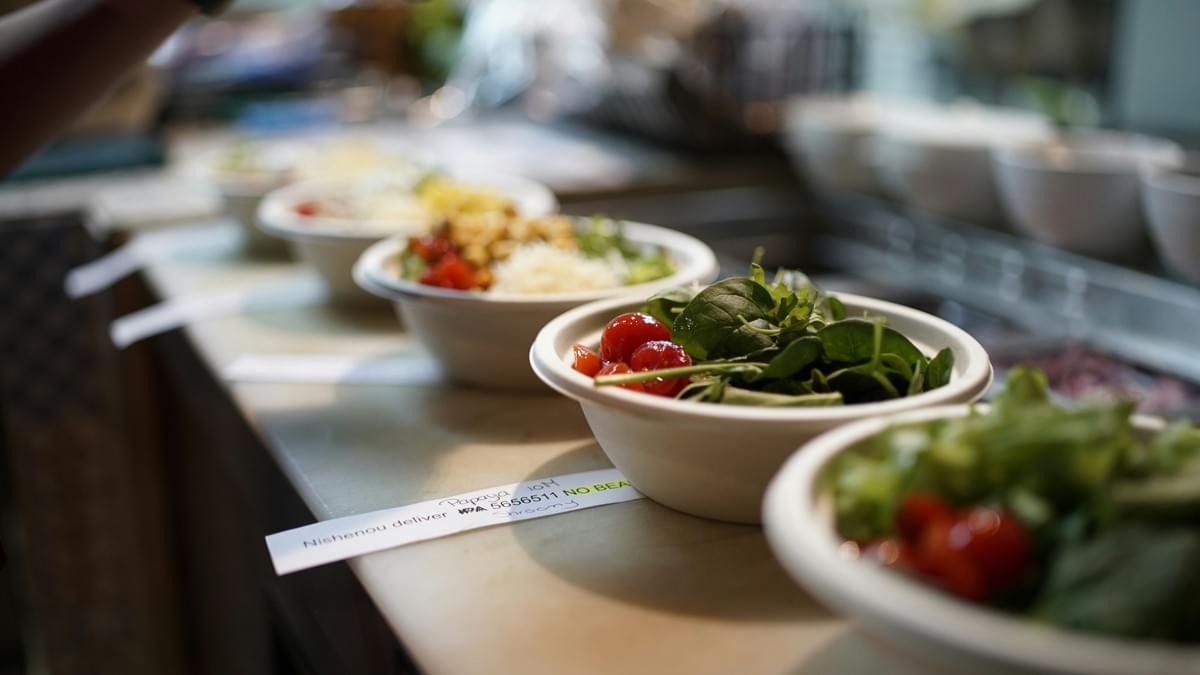
In a world increasingly aware of environmental issues, eco-friendly alternatives are becoming essential in food packaging. The market is now brimming with options that not only serve the purpose of food storage but also align with sustainability goals. From innovative designs to materials that minimize waste, finding the right solution for your needs has never been easier.
Unitedpakstore's Sustainable Solutions
Unitedpakstore is leading the charge in providing sustainable solutions for disposable food containers. Their range includes plastic to go containers with lids made from recycled materials, ensuring that you can enjoy your meals without contributing to landfill waste. By opting for their deli containers, you’re not just choosing convenience; you're also making a conscious effort to support eco-friendly practices.
Moreover, these containers are designed for versatility and durability, making them ideal for various culinary uses—from takeout orders to meal prep at home. The availability of deli containers with lids further enhances their functionality, allowing users to store and transport food securely without compromising on quality or safety. When you choose Unitedpakstore's products, you're investing in a greener future while enjoying all the benefits of modern packaging.
Exploring Reusable and Recycled Options
The trend toward reusability is gaining momentum as consumers seek ways to reduce their environmental footprint. Reusable plastic food containers are an excellent choice for those who want to minimize waste while ensuring their meals stay fresh and safe. Many brands now offer durable options alongside traditional disposable food storage containers, proving that sustainability can be both practical and stylish.
Additionally, exploring recycled options can lead you to some surprisingly effective solutions—think deli containers crafted from post-consumer plastics that still deliver on performance without the eco-guilt! These innovative products allow businesses and individuals alike to make responsible choices without sacrificing convenience or quality. So next time you're stocking up on containers and lids, consider how many times you can use them before they hit the recycling bin!
The Benefits of Compostable Packaging
Compostable packaging is quickly becoming a favorite among environmentally conscious consumers looking for sustainable alternatives in food storage solutions. Unlike conventional plastic products that linger in landfills for centuries, compostable materials break down into natural components when disposed of properly—making them an excellent choice for disposable food containers! This means less waste overall and a positive impact on our planet's health.
Using compostable packaging also sends a clear message about your commitment to sustainability; it shows customers that you're prioritizing eco-friendly practices over convenience at any cost. Many companies are now offering compostable deli containers designed specifically for takeout or catering needs—ensuring your delicious creations remain fresh while being kind to Mother Earth! So whether you're running a restaurant or simply packing lunch at home, consider making the switch; it's an easy step toward reducing your environmental impact.
Practical Tips for Choosing Containers
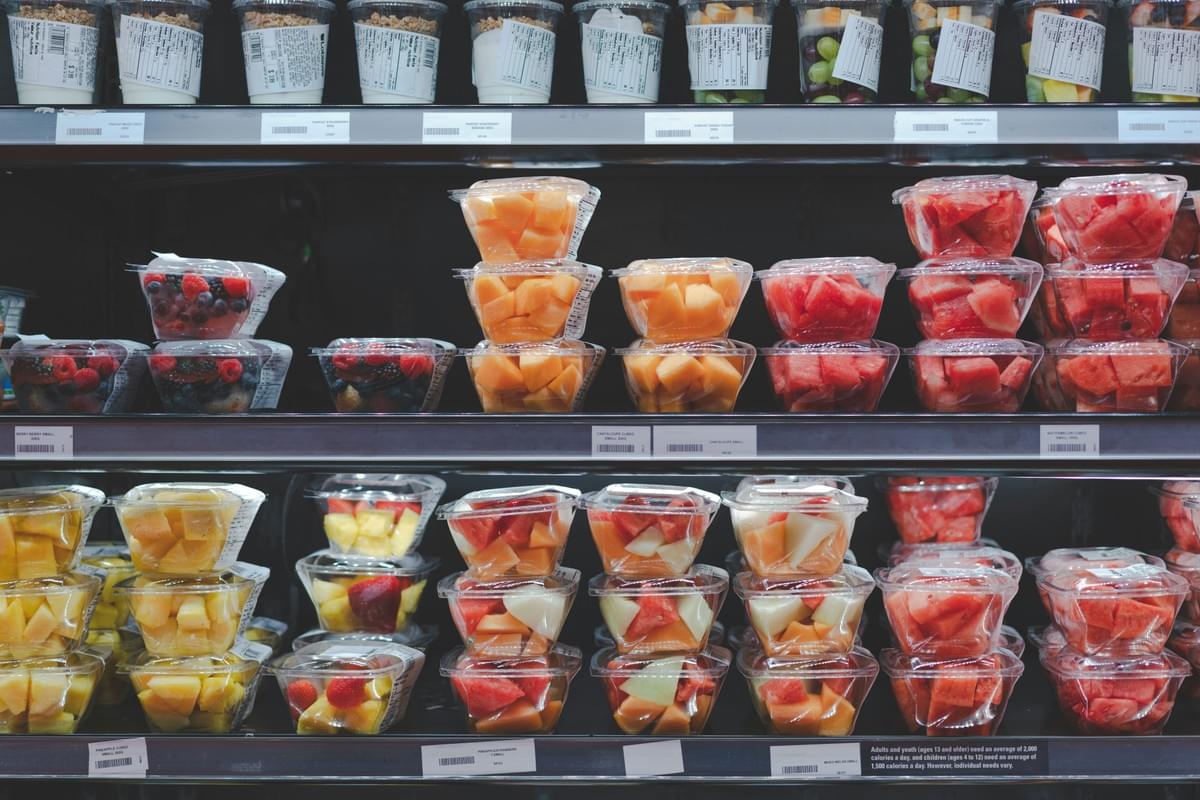
When it comes to selecting the right disposable food containers, there are several factors to consider that can make or break your food storage experience. First, think about the type of food you're storing; certain foods may require specific materials for optimal preservation. Additionally, consider the convenience of containers with lids, as they can help prevent spills and maintain freshness.
Factors to Consider When Buying
Choosing between plastic and paper options is just one of many factors when buying containers. For example, if you often store liquids or sauces, look for plastic food containers that are leak-proof and come with secure lids. Deli containers with lids are particularly versatile, as they can hold everything from soups to salads without fear of messes.
Another aspect to keep in mind is durability; some disposable food storage containers may not withstand freezing or microwaving well. If you plan on reheating leftovers frequently, opt for sturdy plastic to go containers with lids designed for high temperatures. Lastly, pay attention to size; having a variety of container sizes will ensure you have the perfect fit for every meal.
How to Store and Reuse Disposable Containers
Storing your disposable food containers properly can extend their life and reduce waste significantly. Stackable designs are ideal for maximizing space in your kitchen cabinets or pantry while keeping them easily accessible when needed. Make sure to clean deli containers thoroughly before reusing them; this ensures they remain safe for future use.
Consider labeling your reusable plastic food containers so you can quickly identify what's inside without opening each one—this is especially helpful if you're storing leftovers! You might also want to mix and match different types of containers and lids; sometimes a lid from one brand fits better on a container from another brand than you'd expect!
Cost-Effectiveness of Bulk Purchasing
Buying disposable food storage containers in bulk is not only cost-effective but also incredibly convenient! Many retailers offer discounts on larger quantities, which means more savings per unit—perfect if you're running a restaurant or catering business that relies heavily on these products. Plus, stocking up on deli containers means you'll always have the right size at hand whenever you need it.
When purchasing bulk packs of plastic to go containers with lids, be sure to choose varieties that suit various needs—having different sizes will allow you greater flexibility in meal prep and storage options. Don't forget about seasonal sales or promotions that could further lower costs while filling your pantry with essential supplies!
Conclusion
As we navigate the bustling world of food storage, striking a balance between convenience and sustainability has never been more crucial. Disposable food containers, whether they are plastic to go containers with lids or biodegradable paper options, play an essential role in our daily lives. However, making mindful choices can lead us toward a greener future without sacrificing the ease that these containers provide.
Balancing Convenience and Sustainability
The allure of plastic food containers is undeniable; they offer practicality and durability that many disposable options lack. Yet, with the growing awareness of environmental issues, it’s time to weigh the benefits against their ecological footprint. For instance, while deli containers with lids are perfect for storing leftovers or meal prepping, opting for compostable alternatives can significantly reduce waste in landfills.
Furthermore, consumers are increasingly looking for disposable food storage containers that reflect their values—those that prioritize both functionality and sustainability. This shift is prompting manufacturers to innovate and produce more eco-friendly options without compromising on quality. By choosing products made from recycled materials or those designed for reuse, we can enjoy the convenience of containers with lids while supporting a healthier planet.
Innovating with Custom Packaging Solutions
In today’s competitive market, businesses are recognizing the importance of custom packaging solutions that align with consumer preferences for sustainability. Companies are now creating tailored deli containers designed not just for efficiency but also to minimize environmental impact—think reusable designs or those made from plant-based materials! This innovative approach allows brands to stand out while catering to eco-conscious customers who demand responsible choices.
Moreover, custom packaging doesn’t just enhance brand identity; it also opens doors for unique marketing opportunities through eye-catching designs and messages about sustainability efforts. As businesses invest in developing bespoke solutions like stylish plastic to go containers with lids or chic paper alternatives, they create memorable experiences that resonate with consumers long after their meals have been enjoyed. This trend signals a promising shift towards marrying creativity and responsibility in food packaging.
The Future of Food Storage Options
Looking ahead, the future of food storage options appears bright as technology continues to pave the way for sustainable innovations in packaging materials. With advancements in biodegradable plastics and smart container designs equipped with features like freshness indicators or portion control capabilities, we’re entering an era where convenience meets conscientiousness seamlessly! Imagine a world where your favorite deli containers not only keep your meals fresh but also break down naturally after use—now that's progress!
Additionally, as regulations around single-use plastics tighten globally, it's imperative that both consumers and manufacturers adapt quickly by embracing alternatives like compostable packaging solutions or reusable systems designed for longevity. The evolution of disposable food storage containers will undoubtedly shape how we interact with our environment moving forward—so let’s choose wisely! Together we can cultivate a culture that prioritizes both delicious meals and a thriving planet.
